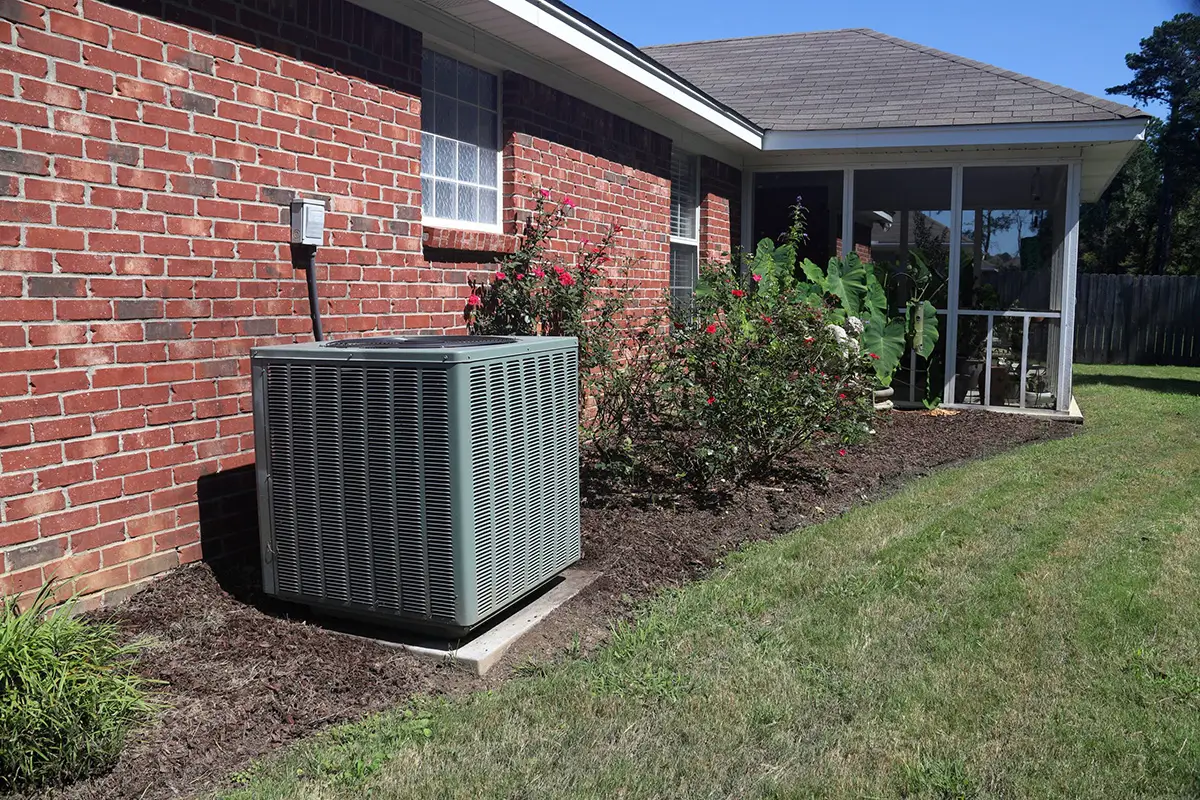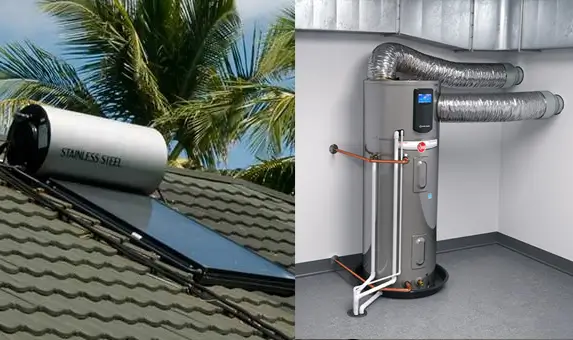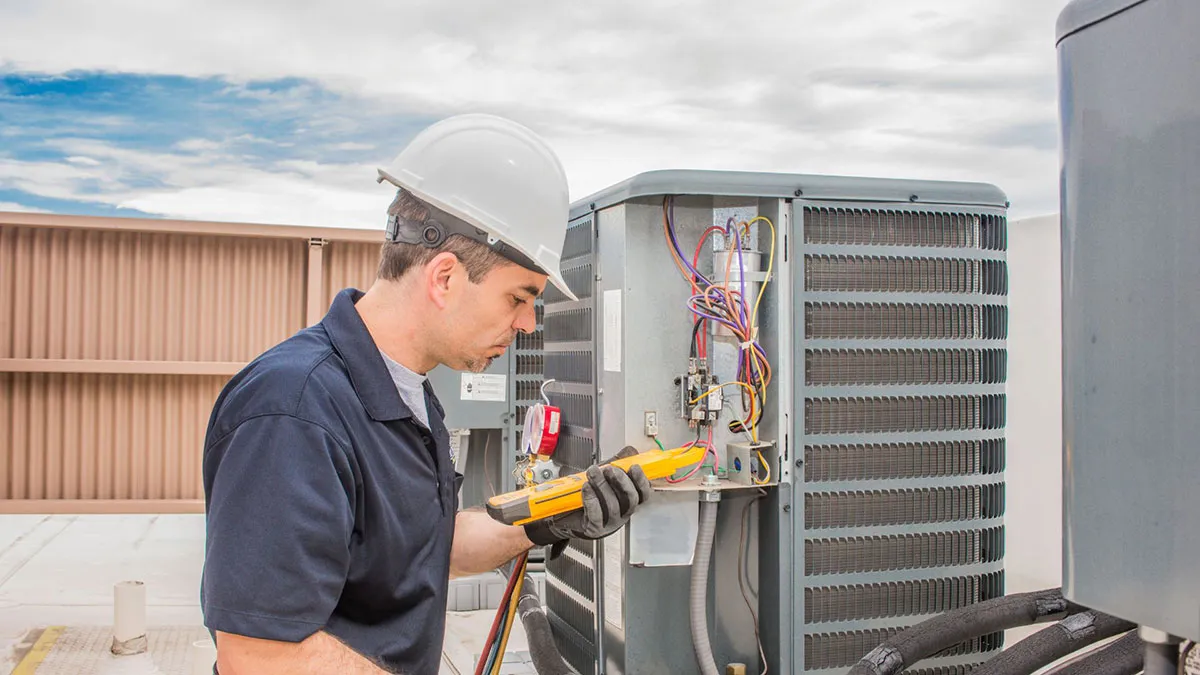All new air conditioning systems installed on or after January 1, 2023, will have to comply with the new Department of Energy (DOE) SEER2 rating regulations. This more efficient equipment, while more economical to operate, will cost homeowners more money upfront when replacing their AC systems.
What is the New SEER2 Rating for 2023?
The new SEER2 rating standards taking effect on January 1, 2023, for the Southeast and Southwest regions, are 15 for both AC systems and heat pumps; right now the minimum SEER standard for new systems is 14. The new SEER standards for the Northern states are 14 for AC systems and 15 for heat pumps.
Prices for New AC Systems will Increase on January 1, 2023
Prices for new AC systems and heat pumps are expected to increase starting January 1, 2023 because of the new SEER2 rating requirements. Manufacturers, legally prevented from selling non-compliant systems, must redesign equipment components to meet the new 2023 SEER2 rating regulations. Increases in material costs, driven by supply chain issues and increased demand, will drive price increases even further.
To avoid paying more for a new AC system and to keep your options open, the comfort advisors at Steve’s Plumbing & AC recommend you schedule a free consultation right away, so we can help you explore your options for a new AC installation well before the end of 2022.
If You are Facing AC Replacement, Install Now to Save Money
The new SEER2 regulations imposed by the federal government mean that homeowners can no longer install more affordable, lower efficiency systems, whether they are central AC systems, mini-splits, or heat pumps, as of January 1, 2023. Installing a new AC system before the end of 2022 is a way to save on replacement costs and avoid the expected price increases.
While homeowners in cooler Northern regions stateside will still be able to install lower efficiency systems if they can find them for purchase, homeowners in the Southeast (Hawaii) and Southwest regions must purchase AND install these more affordable systems before January 1, 2023. After this date, all AC systems installed must have a SEER Rating of 15 or above.
What Does SEER2 Mean, and What SEER Rating Do I Need?
SEER stands for Seasonal Energy Efficiency Ratio. SEER measures an air conditioning unit or heat pump’s cooling efficiency. The higher the SEER rating the more efficient the AC unit is.
“SEER2” stands for Seasonal Energy Efficiency Ratio 2, and equals the total heat removed from the conditioned space during an entire cooling season. A new M1 testing procedure has been implemented which better reflects field conditions of installed equipment. These new tests have led to the increased SEER rating requirements, especially for homes in Hawaii and in the southern states where AC units operate all year round.
What is the best SEER rating for your home? It depends on how much money you want to save on your energy bill. Purchasing an AC system with a SEER rating of 15 instead of 14 (7% increase) also increases your system’s efficiency by 7%, meaning you will reduce your energy bill by 7%. If you live in a region where your AC runs most of the year, this can result in a savings of $240 per year for an average 3-ton system. The larger the AC system, the more money a high SEER rating will save you.
SEER rating savings can be even more extreme in Hawaii as many island homes have mini-split systems which operate with inverter technology and at the minimum will be 19 SEER. With that technology, savings can easily exceed a monthly 15% reduction in energy consumption.
When Should I Replace My Air Conditioning System?
Knowing when to replace your AC system is important, as it is a big investment that should be planned for. Waiting too long can cause you unnecessary money on energy, repairs, and installation costs.
Here are signs that you should consider replacement of your AC system:
1. My AC System is 7 years old
Air conditioning systems typically last 10 years before major repairs are needed. In Hawaii, the average lifespan for equipment is far lower than on the mainland. Due to high salinity in the air, by the time your AC is 7-9 years old, it has already lost much of its efficiency. Replacing an AC system that is over 7 years old with a more efficient system makes sense, as it saves you on energy bills and it avoids system breakdowns.
2. My Energy Bills are Rising
If your energy bills during the hottest weather are getting higher each year, this is likely a sign that your AC system is losing efficiency. Even well-maintained systems lose cooling power over time, causing them to run more frequently and which puts you at greater risk of breakdowns.
3. My AC System Needs Frequent Repairs
Regardless of the age of your AC system, repeated repairs are an indication that total replacement may be the most economical solution. It is usually best to shop around and plan for replacement rather than be forced to pay expensive repair bills when you are caught off guard with a broken AC unit during a heat wave.
Our Air Conditioning Experts Can Help
Planning for AC replacement is a complicated issue with many factors to consider. Our expert AC technicians can help you understand your AC installation options and assist you in choosing the most efficient and economical system for your home. Many financing offers, manufacturer rebates, and utility company rebates are available to make AC installation more affordable. Contact us today at 808-563-4054, or schedule your free in-home proposal online.









